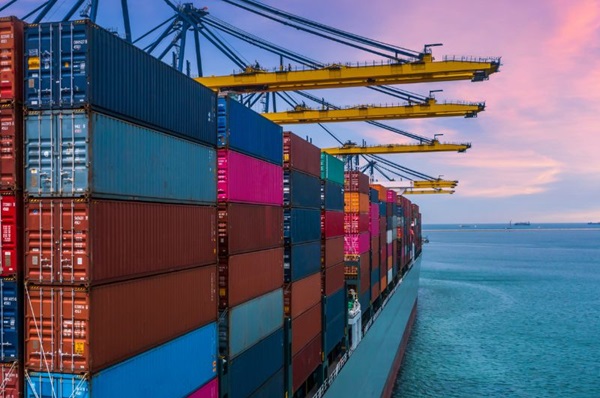.png)

Ajay Srivastava, founder of Global Trade Research Initiative, is an ex-Indian Trade Service officer with expertise in WTO and FTA negotiations.
March 4, 2025 at 5:22 AM IST
India’s ambitious push for quality control is facing a major test. The country’s standards regime, built around the Bureau of Indian Standards, is under strain as a surge of substandard imports infiltrates the market using fraudulent certifications. These products—ranging from steel and construction materials to toys and consumer electronics—undermine public safety, distort competition, and weaken trust in India’s regulatory framework.
The playbook is simple. Importers obtain genuine BIS certifications issued to licensed foreign manufacturers and upload them to the customs portal. Uncertified goods, often sourced from factories without BIS approval, are then cleared under the guise of legitimate shipments. Customs, lacking a real-time verification mechanism, remains ill-equipped to detect fraud. The result: a steady stream of low-quality imports slipping past regulatory checks, diluting India’s efforts to enforce global standards.
The steel sector, a backbone of infrastructure and manufacturing, offers a striking example of this crisis. Some importers falsely claim BIS approval for inferior-grade steel, raising serious safety concerns in construction and industrial applications. A major Chinese steel producer recently warned Indian customs that its BIS certification was being misused to clear shipments of uncertified material. A similar issue has emerged with a Vietnamese manufacturer, whose licence is allegedly being exploited by importers bypassing regulatory scrutiny.
Toys, another high-risk category, highlight the problem’s consumer-facing implications. In January, authorities seized 18,600 uncertified toys from major retail chains, airports, and shopping malls. Importers had split shipments across multiple ports, misdeclaring toy components as generic plastic or electronic parts to evade scrutiny. Many of these toys failed to meet basic safety standards. This forced the Central Board of Indirect Taxes and Customs to tighten its monitoring, coordinating more closely with BIS.
The broader consequences of this regulatory loophole are severe. Fraudulent imports not only endanger consumers but also erode the competitiveness of compliant businesses, both domestic and foreign. Indian manufacturers investing in quality face unfair competition from importers gaming the system. Even legitimate foreign suppliers suffer reputational damage when their certifications are misused, making them wary of engaging in the Indian market.
A regulatory system is only as strong as its enforcement. The government has ramped up Quality Control Orders across sectors, but implementation remains patchy. Stronger digital verification is now critical. Before expanding quality mandates, India must first fix the existing gaps—ensuring customs authorities can verify certification authenticity in real time.
A centralised digital verification platform for BIS-certified shipments is a logical first step. Licensed foreign manufacturers should be required to register all shipments in a tamper-proof system, integrated with customs’ ICEGATE portal. AI-driven monitoring could flag anomalies, and blockchain-based certification could eliminate tampering. Automated clearance of verified shipments would accelerate legitimate trade while tightening controls on suspect cargo.
These measures won’t be easy. A robust verification system requires technical infrastructure, regulatory coordination, and industry compliance. Customs officials will need training. Foreign suppliers must align with new documentation rules. Implementation delays could frustrate businesses. But the alternative—allowing regulatory evasion to continue unchecked—is worse.
The stakes are high. India’s push for higher manufacturing standards is part of a larger economic strategy—to build global trust in its industrial output and attract investment into quality-driven sectors. A porous certification regime risks undermining this effort. Reforming BIS enforcement is not just about preventing fraud—it is about safeguarding India’s long-term economic credibility.
India must act swiftly to seal these gaps. A credible quality assurance system is not just an administrative necessity—it is an economic imperative.




